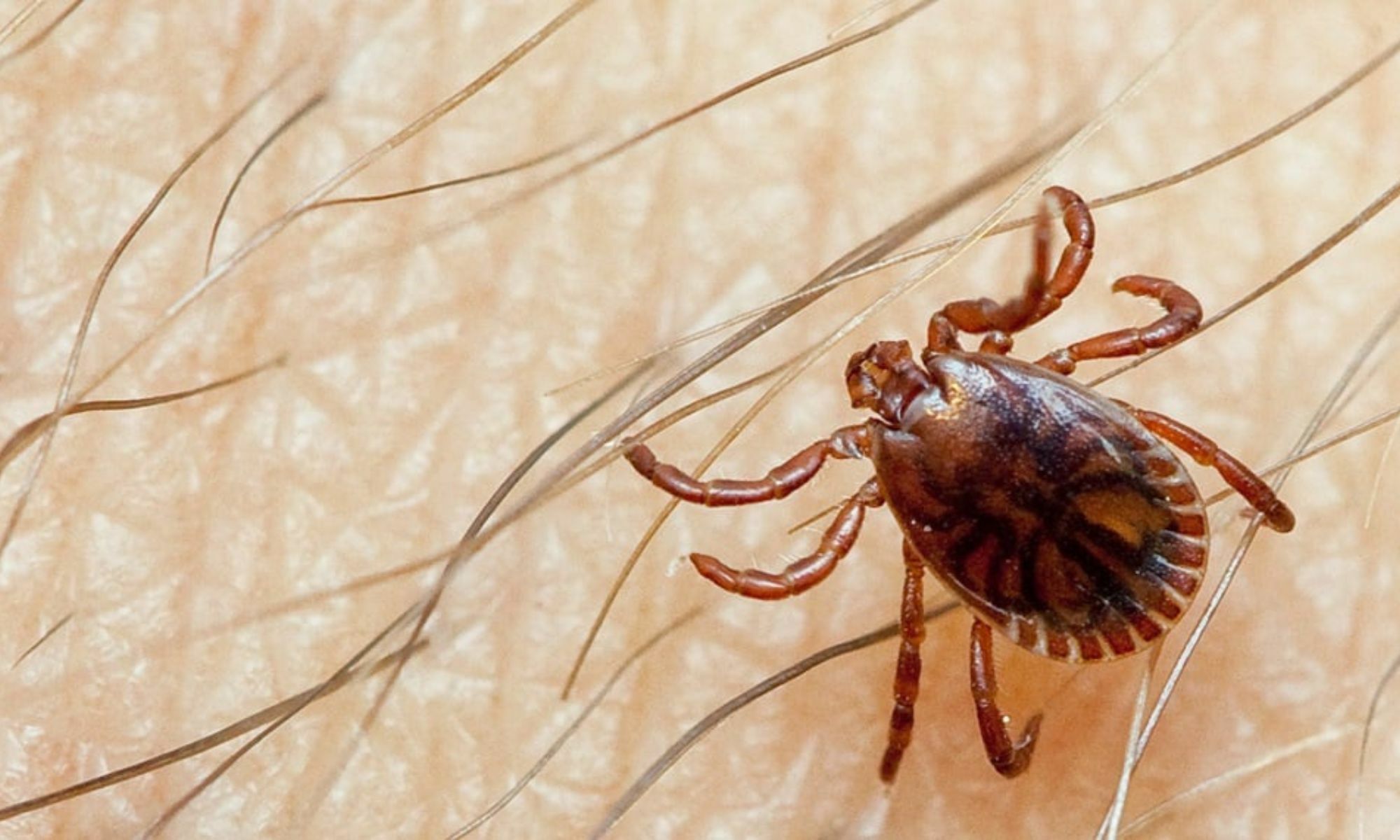Thailand unscathed by Crimean-Congo fever, dengue cases surge

In an official statement, the Department of Disease Control (DDC) confirmed that Thailand is currently not affected by the Crimean-Congo haemorrhagic fever (CCHF). This comes in the wake of the World Health Organization’s (WHO) notification that classifies CCHF as a high-risk infectious disease. Dr Thares Krasanairawiwong, the DDC Director-General, put the country’s populace at ease today.
“No case has been reported in Thailand so far.”
The fever, marked by a mortality rate of 30 to 40%, has been impacting various regions including eastern Europe, parts of Asia, Africa, and the Middle East.
The CCHF virus, part of the Nairovirus family, is a tick-borne pathogen often seen in livestock like goats, cattle, and sheep. The disease can easily transmit through any form of contact, with typical symptoms including fever, muscle aches, and minor skin bleeding.
Other signs include dizziness, headache, abdominal pain, vomiting, diarrhea, and sore eyes. Notably, patients can also experience bleeding gums and nosebleeds.
Thares advised people coming from abroad who have fears that they may have contracted CCHF to seek immediate medical care and explain to doctors about their recent whereabouts.
While CCHF may not be a threat in Thailand now, the DDC chief emphasised the rising local incidents of dengue fever. Deputy Director-General Dr Sophon Iamsirithaworn outlined that the number of dengue cases from January 1 to July 19 has reached 41,527, leading to 41 deaths.
This current data reflect an increase of 2.8 times the tally recorded during the same timespan last year. A single week last month saw 5,057 cases of dengue fever.
Sophon further warned about the potential harm of nonsteroidal anti-inflammatory drugs (NSAIDs) for dengue patients. Common drugs including ibuprofen, diclofenac, and aspirin may exacerbate bleeding, thereby heightening the risk of complications, he explained.
Previously, the DDC had expressed concern over the severe outbreak of dengue fever in Thailand. Failure to effectively deploy preventive measures could spiral the case count up to 150,000 by the year-end, the agency had cautioned, reported Bangkok Post.
Latest Thailand News
Follow The Thaiger on Google News:


























